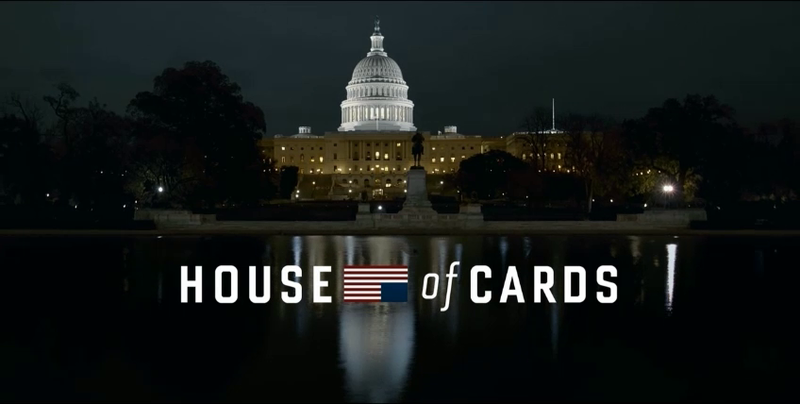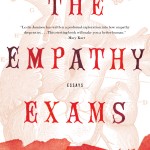House of Cards is a new American political drama released on Netflix instead of a traditional tv channel. Here are three thoughts on the series after having seen the first nine episodes.
First, one can’t help thinking of Tolkien’s description of men “who above all else desire power” while watching the series. The show is part Shakespearean tragedy in the mold of Macbeth and part Nietzschean homage to the over-man, played with consummate skill by Kevin Spacey. The difference, of course, between Tolkien’s idea of men and House of Cards is that Tolkien sees a way past the lust for power. But in the world of House of Cards, the characters who aren’t power-hungry are the weak ones who inevitably become chess pieces in the hands of the powerful. I’m not sure I know a better way to be made grateful for grace and the church than to see a story in which the dominant characters know only about the power of autonomous individuals. To set the world of Christianity, in which charity is both possible and best, alongside the world created by the greedy schemings of Frank Underwood is to see a bit more clearly the magic of the Gospel.
Second, the show highlights something that Rod Dreher wrote about earlier this week:
Some people see Old South plantation houses, and can only think of the slave labor and exploitation concealed by the beauty of those buildings and the grounds. Others see them and recognize a culture and a vision that had about it a quality of beauty and nobility despite the evil it did. Similarly with, say, Westminster Abbey. It was built by kings who were in many ways wicked and ruthless warmongers, by our lights today. And yet, to stand within the Abbey is to be overwhelmed by beauty, a beauty brought forth in large part by those rough men who called themselves royalty.
So too with the church. Pope Julius II, for example, was a fierce and fearsome Renaissance prince, and literally led his army into war. He was an immense improvement over the rotten Alexander VI, the Borgia pope, whose memory he execrated. Still, Julius was nobody’s idea of an ideal Vicar of Christ. And yet, if not for Julius, the artistic legacy of the Roman church would be much poorer. It was he who is responsible for St. Peter’s Basilica, and for commissioning Michelangelo’s Sistine Chapel. Through these rough men came great beauty that to this day bears witness to truths hard to grasp otherwise.
It’s hard to deny the beauty of some of the buildings and scenes in Washington, DC depicted in the series. And yet that beauty exists alongside the gritty machinations of both Frank and Claire Underwood as well as many of their colleagues and rivals. So an opulent fundraiser for a charity outside of what looks a five star hotel happens alongside a group of picketers protesting about an education bill. Or, to move from the realm of fiction to history, a slave-owning president oversees enormous architectural achievements of great beauty at both his home in Virginia and in Washington itself. Or, to return to fiction and our first launching point, an elf named Feanor sets in motion the tragic arc of Tolkien’s Silmarillion through the creation of three jewels of indisputable, indescribable beauty. Point being—and this is important for traditionalists like myself to remember—that beauty seldom exists in a pure state in this world. On the one hand, this should help us brace ourselves against a romanticized understanding of our own communities or of history. Of course, on the other, it should equally brace us against a cynical dismissal of so many of the past’s great beauties because of some moral failing in one of the prominent figures of the era.
Third, it is difficult to watch the show without imagining the decadence of Rome (yes, I used the “d” word). The disparity in wealth between the powerful and the weak and the subsequent pride in that wealth amongst the powerful causes one to simply hope that the real DC is not as cynical as the DC of House of Cards. That said, as someone who comes from a state with a seven-term congressman who we know is corrupt, it’s hard to be too hopeful about the state of DC. Seen that way, House of Cards is essentially a chronicle of political decadence at an empire’s twilight.












